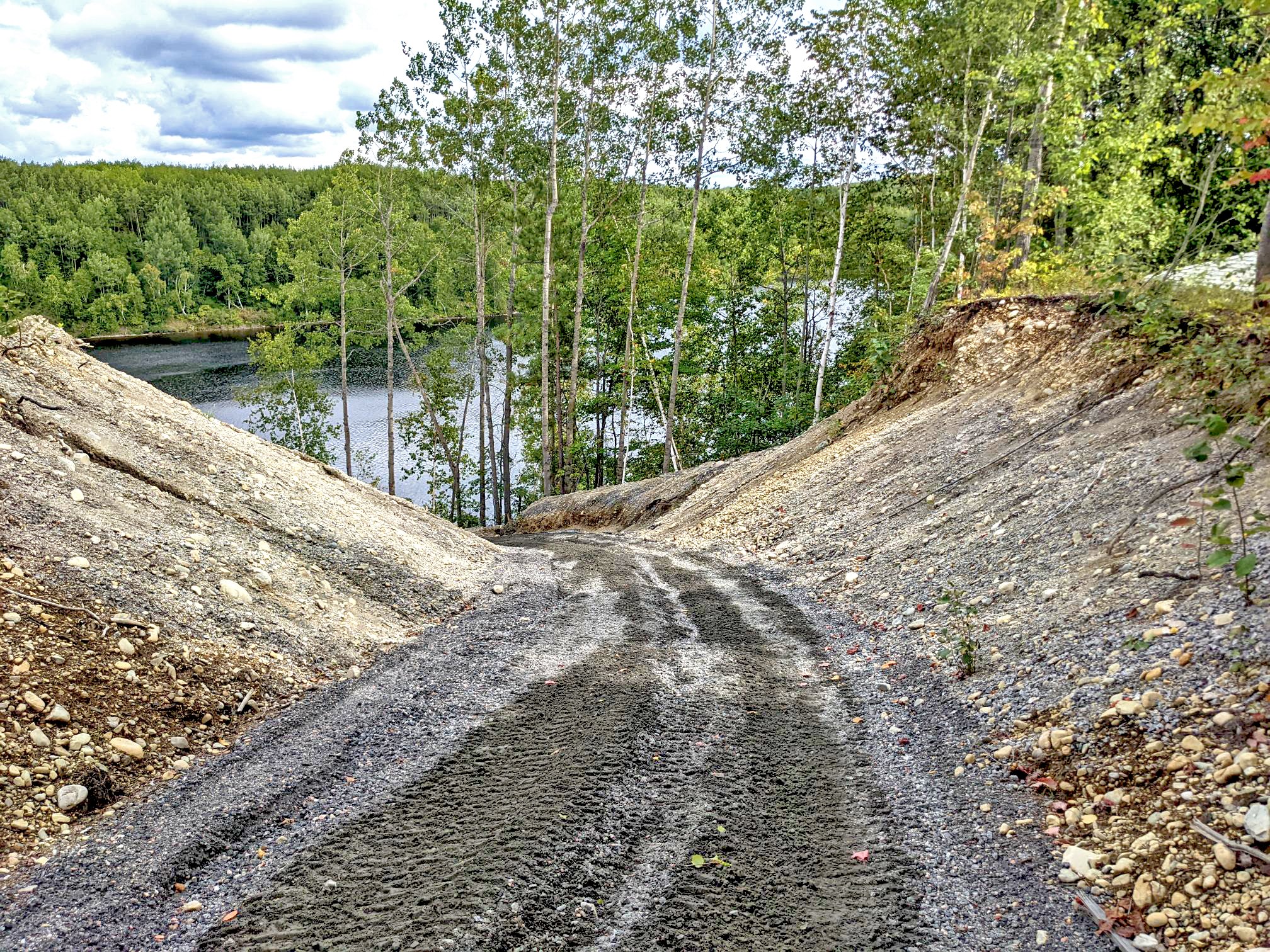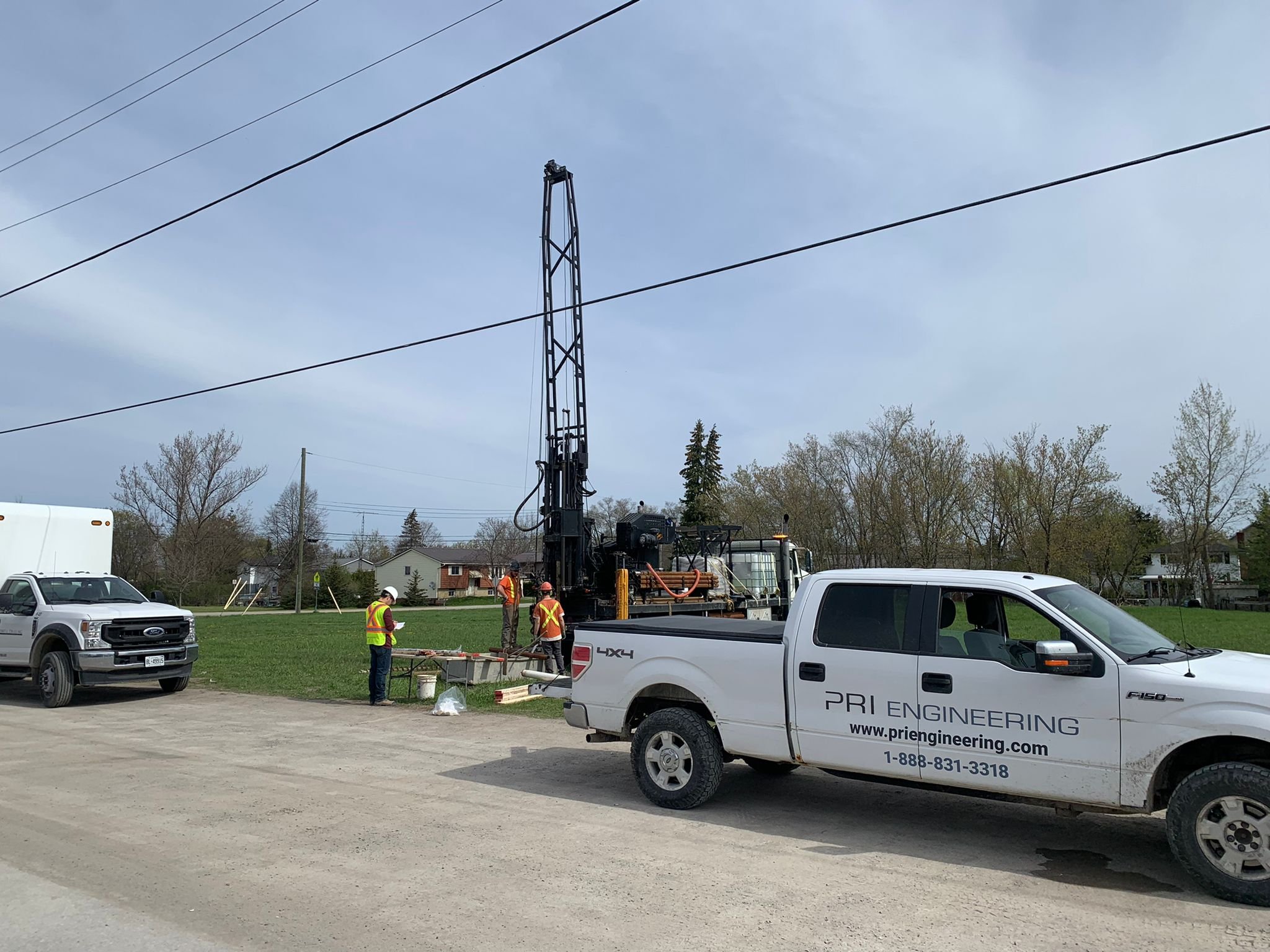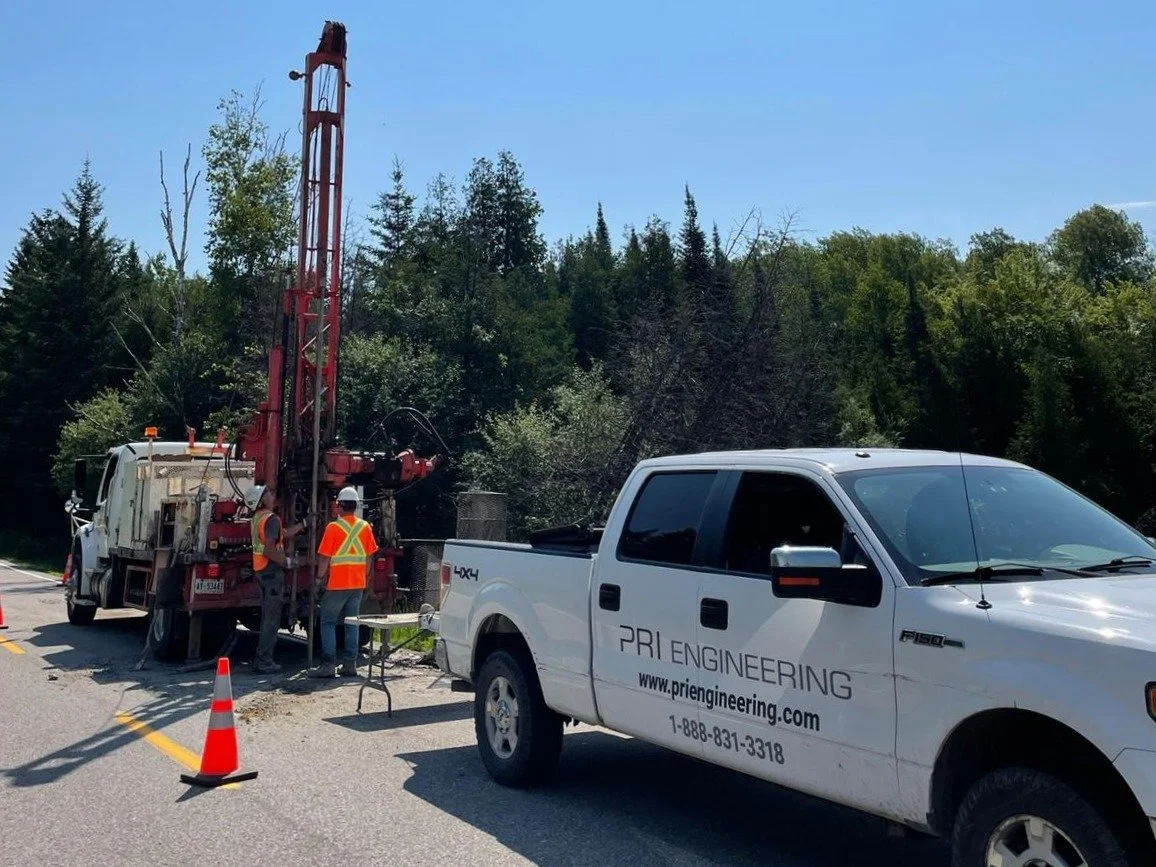
SHALLOW AND DEEP FOUNDATION DESIGN
OVERVIEW
At PRI Engineering, our foundation design process begins with a detailed geotechnical investigation to assess subsurface conditions, evaluate soil properties, and identify any potential challenges that could affect foundation performance. Drawing on extensive experience, our team designs both shallow and deep foundations to ensure the structure is safely supported throughout its service life, accounting for all anticipated structural and environmental loads.
The choice between a shallow or deep foundation system depends on the type of structure and the ground conditions identified during investigation. Shallow foundations are typically suited for lighter structures such as residential homes, while deep foundations are required for larger or heavier buildings—or in areas with poor or variable soil conditions.
KEY BENEFITS:
Professional Foundation Design
Safety & Stability: A properly designed foundation minimizes the risk of differential settlement and structural cracking, helping to prevent long-term performance issues or failure.
Cost-Effective Solutions: Avoid overdesign or costly repairs later by selecting the appropriate foundation system early in the design process
Site-Specific Insights: Geotechnical investigations provide essential data unique to your site, ensuring an informed, reliable design.
Regulatory Compliance: All designs are prepared in accordance with applicable building codes and industry standards, helping to streamline approvals and avoid costly project delays.
Optimized for Load and Soil Type: We design foundations to support current structural loads while also considering future demands, such as added equipment, vehicular traffic, or building expansions.
WHEN YOU NEED IT:
Shallow Foundations
Shallow foundations are suitable when competent bearing soils are located close to the ground surface—typically within 1.5 to 3 metres. These systems are cost-effective and straightforward to construct under favourable subsurface conditions.
Common Applications:
Residential homes
Small commercial or light industrial buildings
Storage structures or sheds
Typical projects:
High-rise buildings
Bridges and towers
Sites with loose fill, high groundwater, or weak upper soil layers
Typical Types:
Spread footings
Slab-on-grade
Mat (raft) foundations
Deep Foundations
Deep foundations are required when near-surface soils are weak, compressible, or unable to support heavier structural loads. These systems transfer loads to deeper, more stable soil or rock layers.
Types:
Piles (driven or drilled)
Caissons (drilled shafts)
Helical piers
RELATED CIVIL GEOTECHNICAL SERVICES
GEOTECHNICAL INVESTIGATIONS
PRI offers all types of geotechnical investigations for all types of projects.
EXCESS SOIL MANAGEMENT
The team at PRI Engineering understands the regulations to help reduce your overall construction costs and mitigate potential environmental risk at the disposal level.
SLOPE STABILITY ANALYSIS
Our team of engineers has experience designing foundations for all types of structures.
MATERIALS TESTING AND CONSTRUCTION QUALITY CONTROL
We ensure that your proposed construction materials meet design specifications. For Calgary and Ontario, we can support your team with in-house laboratories for quicker turnaround times.








